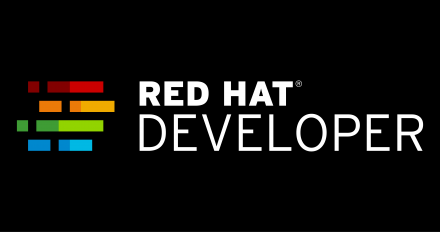
How to install Clang/LLVM 5 and GCC 7 on RHEL
Clang tools and newer versions of GCC can be quite helpful for better warnings and error messages during C/C++ development. This article shows how you can easily install the latest supported Clang 5 and GCC 7 compilers using yum on Red Hat Enterprise Linux. It also provides tips for working with software collections.












